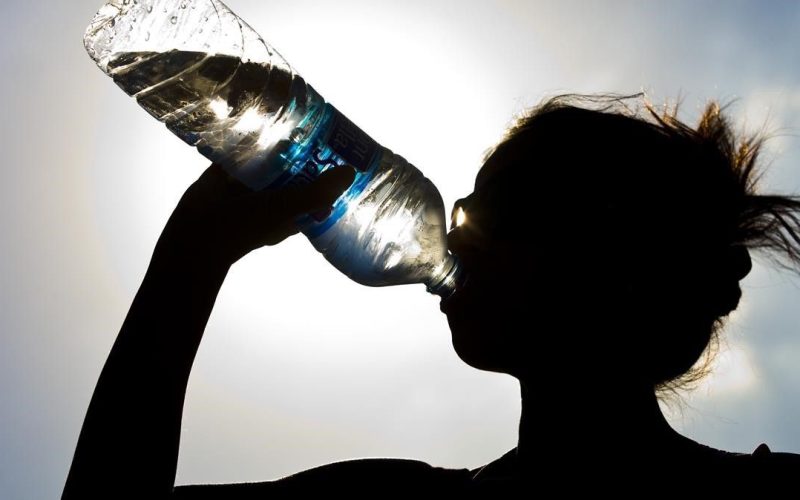Dying from drinking water is a reality that, although it may seem incredible, happens more often than you think. Water, which is essential for life, can become a lethal weapon when consumed in excess. Although the importance of staying hydrated is constantly promoted, few are aware of the dangers that can arise if the safe intake limit is exceeded. In this article, we will explore in detail the devastating consequences that excessive water consumption can have on the human body.
How can the tragedy of dying from drinking water occur?
Most people are familiar with the idea that dehydration can be deadly. However, few understand that excessive water consumption can have equally, if not more, serious consequences. The human body is designed to maintain a delicate balance of fluids, electrolytes, and other nutrients. When this balance is upset by excessive water intake, serious complications can arise – find out all about it below:
The danger of water poisoning: how it happens
Dying from drinking water can occur due to a phenomenon known as water intoxication, also called hyponatremia. This condition occurs when the sodium level in the body is diluted to a dangerously low point due to excessive fluid intake, mostly water, without adequate electrolyte replacement. Sodium plays a crucial role in regulating fluid balance in the body and in the transmission of nerve signals. When sodium levels fall too low, serious, life-threatening complications can arise.

Water intoxication symptoms: Warning signs that are ignored
It is important to recognize the symptoms of water intoxication so that you can intervene early and prevent serious consequences. Early signs often include confusion, fatigue, nausea, and headaches. As the condition worsens, more severe symptoms may occur, including seizures, coma, and even death. It is critical not to ignore these signs and to seek medical help immediately if water intoxication is suspected.
Dying from drinking water: a risk in extreme activities
Cases of water intoxication are often more common in situations where people are exposed to high temperatures or are participating in strenuous activities, such as marathons or intense sports competitions. In these scenarios, it is common for constant hydration to be promoted to prevent dehydration. However, if proper electrolyte replacement is not taken into account, excessive water consumption can be just as dangerous as dehydration itself.
The importance of moderation in hydration
While it is crucial to stay hydrated, it is equally important to practice moderation in fluid intake. Drinking too much water can not only lead to water intoxication, but can also have negative effects on other systems in the body. For example, excessive water consumption can dilute the concentration of electrolytes in the blood, affecting the normal function of the heart, kidneys, and nervous system.
Find out how much water you should drink a day according to your weight .
Deadly consequences
When the body is exposed to dangerously low levels of sodium due to water intoxication, a number of serious, life-threatening complications can arise. One of the most concerning consequences is brain swelling, known as cerebral edema . This condition occurs when excess fluid builds up in the brain, putting pressure on the tissues and compromising their normal functioning. Cerebral edema can lead to severe symptoms, including severe headache, confusion, seizures, and in extreme cases, coma and death.

